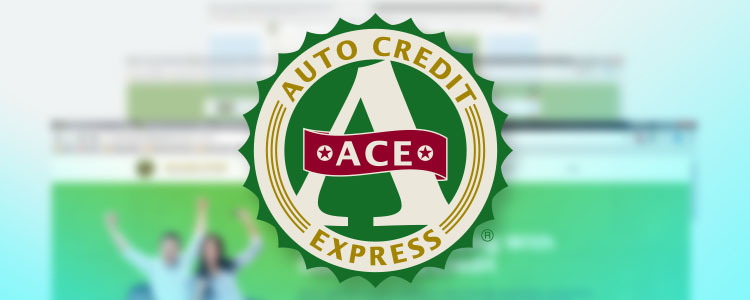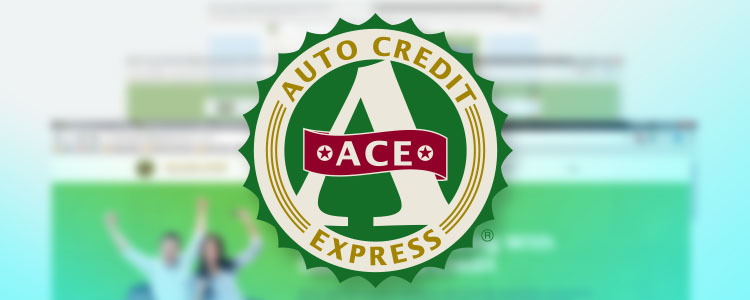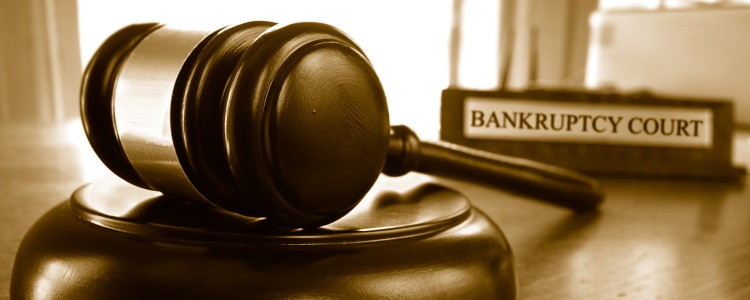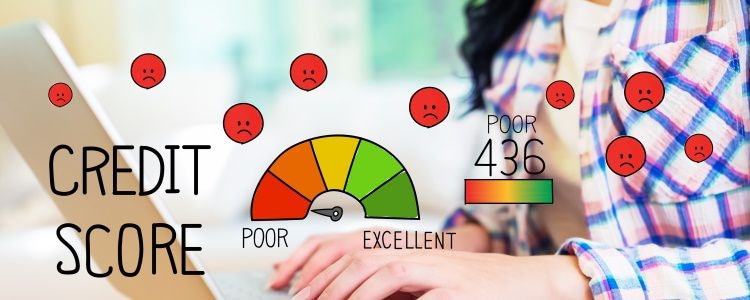Bankruptcy (BK) can be a difficult and expensive process. In some cases, you may have to give up some of your possessions, including your car. But, depending on your situation and what type of BK you file, there are ways to keep your vehicle or even purchase one during the process. Here, we take an in depth look at one type, chapter 13, and what it means for you.
The process of bankruptcy can last years, or, it can be over in a matter of months, but either way, there are numerous details to consider before you begin the process. One of the first things to consider is whether or not a BK is right for you. Next, you need to consider your options, because there are two types of bankruptcies - Chapter 7 and Chapter 13 - and their details are very different.
Chapter 7 vs. Chapter 13
A chapter 7 is a shorter process—usually only three or four months—where you liquidate your assets and use the profits of the sale to pay off your debts. A Chapter 13, sometimes referred to as reorganization bankruptcy, is a much longer process, lasting three or five years.
This bankruptcy isn’t for everyone. In a chapter 13, you are required to use your income to pay your debts, either in full or in part. You will have to prove to the court that you can afford your payments. If you have too little income, or it is irregular, the court may not allow you to file. You may also be ineligible if you have too much debt.
Beginning the Chapter 13 Process
The first step before filing a chapter 13 is to receive credit counseling from an approved agency. According to Nolo.com, these agencies can charge for their services, but must provide counseling to you for a reduced rate (or free) if you cannot afford to pay. You will, however, have to pay a filing fee for the packet of forms you will be required to fill out.
Now it comes time for your repayment plan. This will describe in detail how you will go about paying your debts. Certain ones will need to be paid in full, such as child support, alimony, wages owed to employees and certain tax obligations. These are considered “priority debts”, and will be paid first.
Your plan must include any secured debts such as car loans or mortgages that you will be required to pay regularly (including any amount you’ve fallen behind). Any disposable income left after making these payments will go toward repayment of unsecured debts, like medical bills and credit cards.
Some of your unsecured debts may not have to be repaid, but you will have to show a willingness to repay them. A good tip: if you are unsure about what your minimum monthly payments would look like in a bankruptcy, using an online chapter 13 payment calculator can be useful.
Repaying Over Time
The time you will be required to spend in chapter 13 will depend on how much you make compared to how much you owe. This will be factored against the median income of your state to determine if you will repay for three or five years. For more information about your states median income you can visit the U. S. Trustee’s website, www.usdoj.gov/ust.
Once you have completed your repayment plan, any eligible debts leftover will be wiped out when your trustee discharges your BK. To get discharged, you must have met all your requirements and be current on any ongoing priority payments.
The Other Side
If you have been successful in your chapter 13, you may have a sense of freedom from debts once it is discharged. You got to keep your important possessions—like your car—but, there are some downsides to going through the BK process.
Even though you can now begin to rebuild your credit, a chapter 13 will stay on your credit report for seven years from the filing date. According to Credit.com, it will also drop your credit score between 130 and 200 points. Because of these facts, it may be more difficult to obtain new credit for a while, but the impact of your BK will lessen over time.
The Bottom Line
Since chapter 13 bankruptcies take a number of years to complete, it is not uncommon to be in need of a vehicle once you have come out of it. Auto Credit Express can help you begin your search by matching you with one of our special finance dealers that have the resources to help people who are struggling with credit challenges. Get started for free today, by filling out our no obligation online auto loan request form.
















